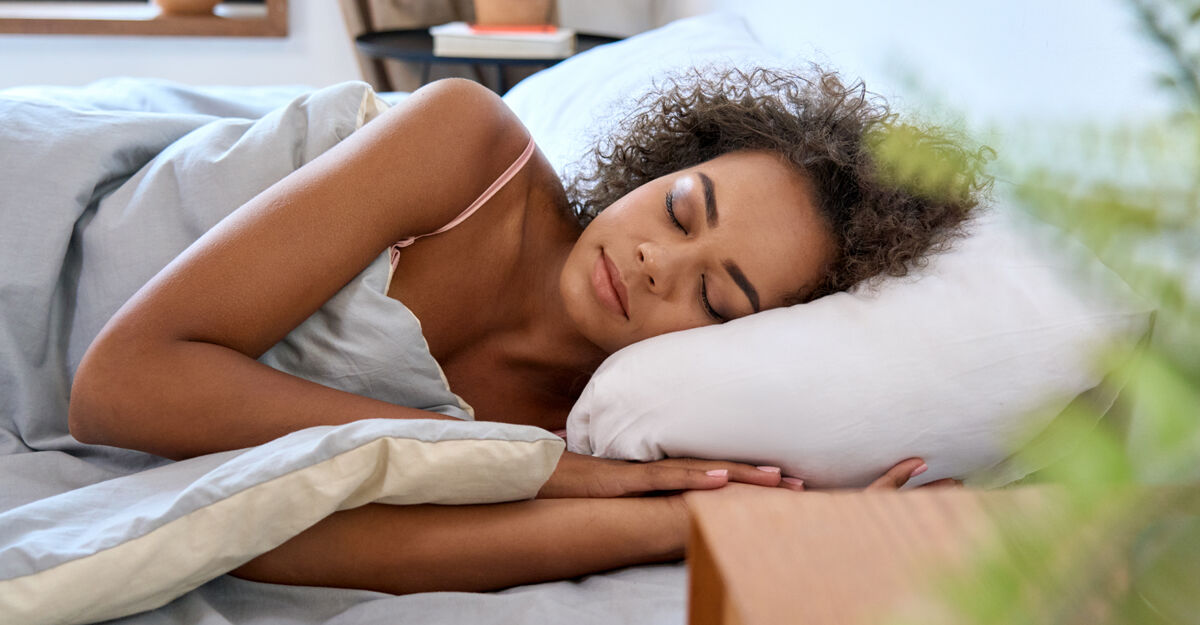Sleep Medicine
Sleep medicine focuses on the diagnosis and management of sleep disorders and disturbances. At The Elliot, our sleep specialists are experts in helping patients get the sleep they need to live a full and healthy life.

Sleep medicine focuses on the diagnosis and management of sleep disorders and disturbances. At The Elliot, our sleep specialists are experts in helping patients get the sleep they need to live a full and healthy life.
The Elliot’s Respiratory Care department relies on the combination of highly skilled clinical providers and the newest technology to diagnose and treat hospitalized patients with lung and other respiratory disturbances.
Learn More
The Elliot’s pulmonary specialists are experts in providing care to individuals with various breathing disorders and lung problems.
Learn More
The Pulmonary Function Lab staff provides diagnostic testing for the assessment of lung function in patients of all ages.
Learn More
Our team of respiratory therapists and pharmacists provide high-quality care to our clients receiving respiratory services at home.
Learn More
Elliot Sleep Evaluation Center
Specialty Office
185 Queen City Ave.
Manchester, NH 03103
603-663-6680
Office Hours: M-F 8:00am-4:30pm
Sleep Lab at Homewood Suites
1000 Perimeter Road
Manchester, NH 03101
603-663-6680
Testing Hours: S-F 7:00pm-7:00am